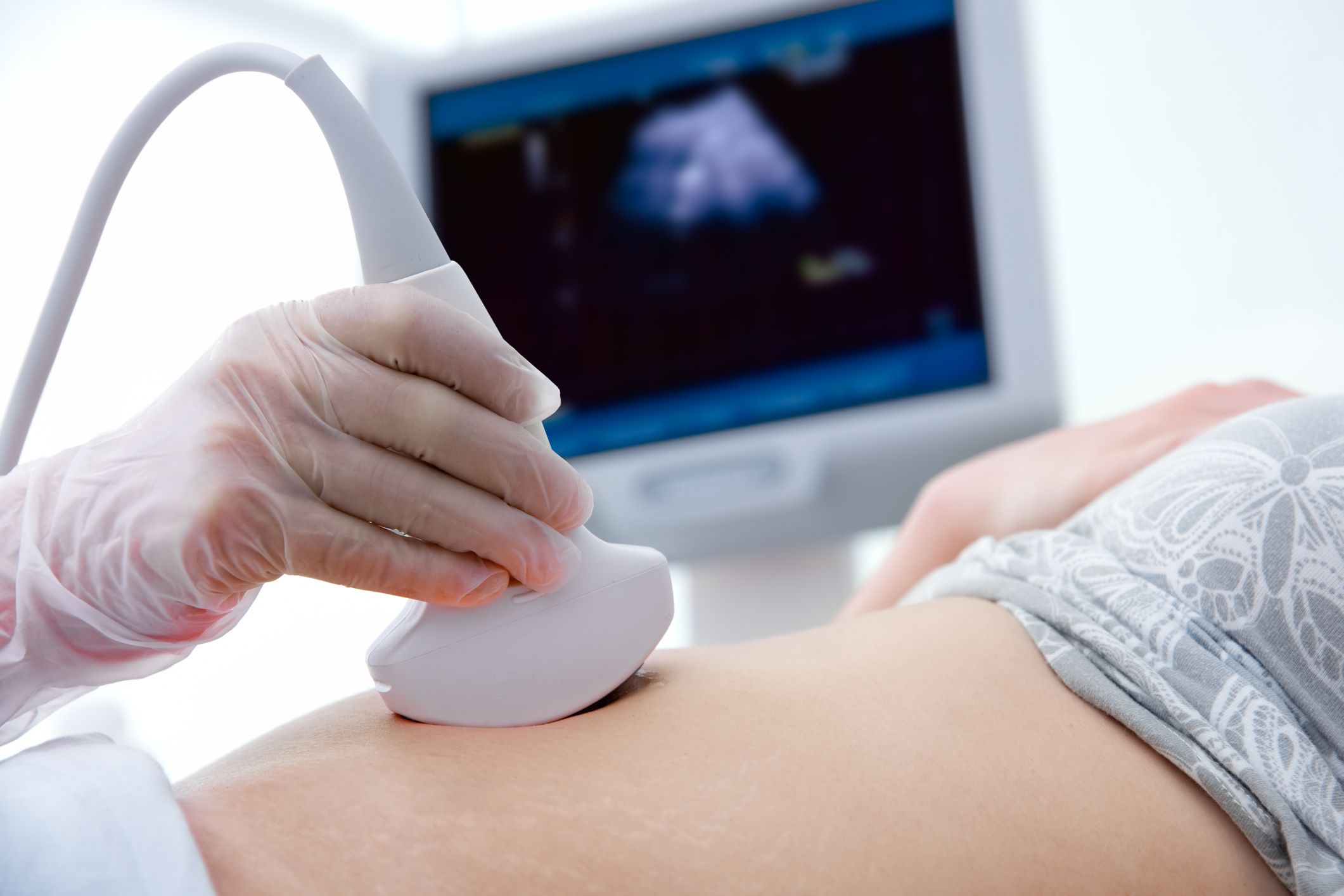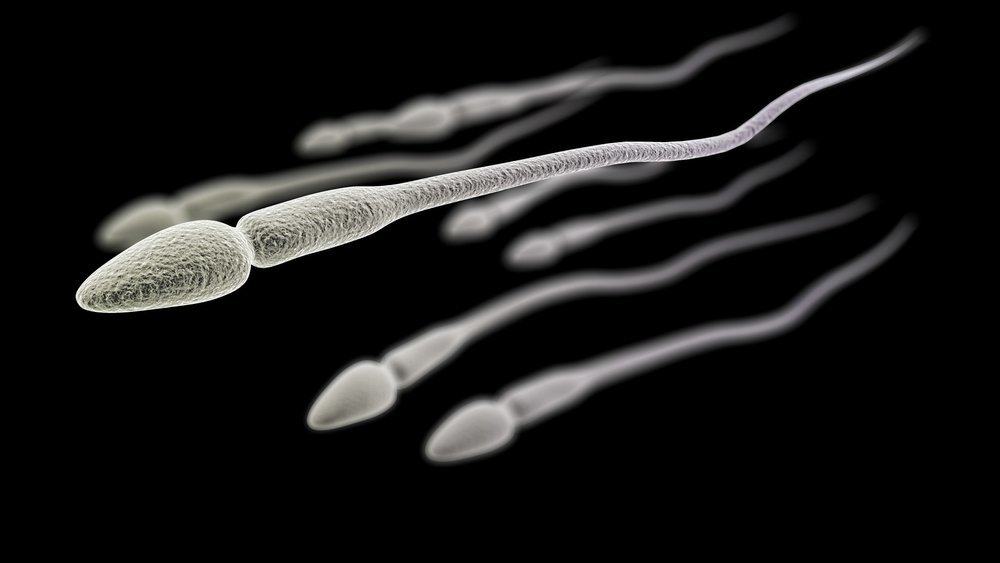Contents:
- Medical Video: Breastfeeding in urban Africa - toward empowering working mothers through innovation #WBW2015
- What is the procedure for initiating early breastfeeding?
- Benefits of initiating early breastfeeding and skin-to-skin contact between mother and baby
- 1. Make the mother more calm and happy
- 2. Increase the motivation of mothers to breastfeed
- 3. Reducing panic in newborns
- 4. Improve infant immune function
Medical Video: Breastfeeding in urban Africa - toward empowering working mothers through innovation #WBW2015
Early Initiation of Breastfeeding or IMD is giving breast milk as soon as the baby is born, usually within 30 minutes to one hour after the baby is born. According to the results of the Basic Health Research (Riskesdas), in Indonesia the number of IMD has increased, from 29.3% in 2010 to 34.5% in 2013. According to this research, most of the early breastfeeding initiation processes occur between 1-6 hour after birth.
What is the procedure for initiating early breastfeeding?
The procedure for initiating early breastfeeding is actually simple, the baby only needs to be placed on the mother's breast, of course after the baby is checked and cleaned. Babies are attached to the mother's chest naked so that interactions occur from skin to skin or skin to skin contact. Do not immediately put the baby's mouth right on the mother's nipple, give it a distance, let the baby look for himself and approach the nipple.
During this process, it is recommended not to help the baby, or intentionally push the baby closer to the mother's nipple. Let the whole process of interaction between mother and newborn baby run naturally. The process of initiating early breastfeeding can take place as long as the baby still sucks on the nipple and finishes when the baby releases the suction from the mother's nipple.
Benefits of initiating early breastfeeding and skin-to-skin contact between mother and baby
1. Make the mother more calm and happy
The process of giving birth is certainly not an easy process. Pain when contracting to giving birth can cause trauma to the mother. During childbirth, the mother produces many hormones, including endorphins and oxytocin. Endorphins play a role in giving pleasure, while the hormone oxytocin plays a role in giving mothers euphoria, deep love for a newborn baby so the mother wants to immediately hold the baby. With the initiation of early breastfeeding, contact between mother and baby immediately after birth can make the mother calm and reduce pain and trauma. Mothers can channel affection to babies who arise because of the influence of these hormones immediately. Not only that, the initiation of early breastfeeding can also help the mother avoid bleeding after childbirth and anemia.
2. Increase the motivation of mothers to breastfeed
After giving birth, breastfeeding is an important phase for mother and baby. It is not uncommon for mothers to feel nervous and worried about their ASI production, this concern creates stress for the mother so that it can affect milk production. Early initiation of breastfeeding and skin-to-skin contact between mother and newborn baby can increase the mother's confidence in breastfeeding her child. Sometimes breast milk does not come out right after the mother gives birth, in the process of initiating early breastfeeding, the baby can provide stimulation so that the production of ASI becomes smoother. Some studies reveal that mothers who initiate early breastfeeding tend to give exclusive breastfeeding for longer periods of time.
3. Reducing panic in newborns
Babies certainly need adaptation from the mother's stomach to the outside world when born. How babies are treated immediately after birth can have an impact both short and long term for the baby. Some studies suggest that babies born normal in a healthy state are able to adapt better if initiation of early breastfeeding or contact between skin is carried out. Babies separated by their mothers and immediately placed in the baby's room will experience a little difficulty in adapting, and often cry because they feel stressed due to sudden environmental differences.
4. Improve infant immune function
When newborn, babies have a weak immune system. While in the womb, the baby will only receive immunity from the mother. After birth, breast milk is the immune source for babies. Not only is colostrum contained in breast milk that can help improve the baby's immune system, good bacteria in the mother's skin also play a role in helping the immune system function. When the initial breastfeeding process, the baby will swallow good bacteria from the mother's skin. The good bacteria from the mother's skin will then form colonies on the baby's skin and intestines as self-protection. This good bacterial colony can help increase the baby's immunity.
READ ALSO:
- The Importance of Giving Breast Milk to Premature Babies
- How to Communicate with a Newborn Baby
- Pros and Cons About Baby Pacifiers: Need or Not?












